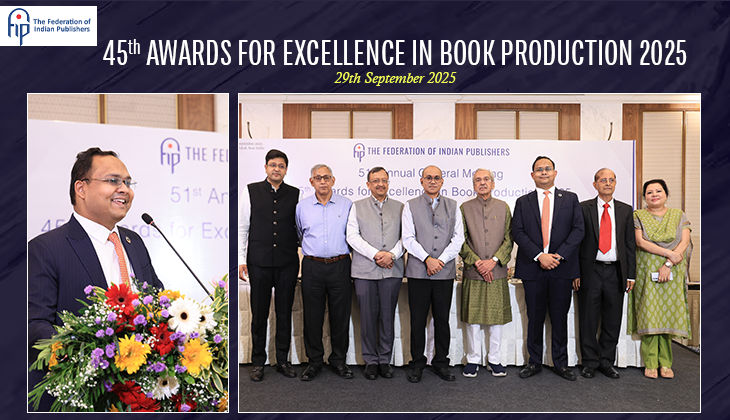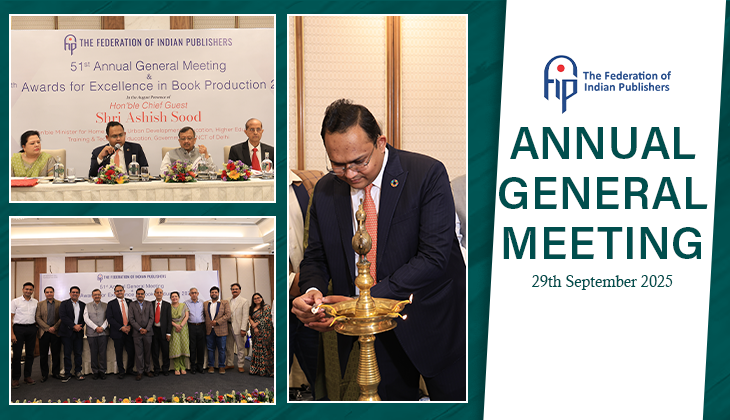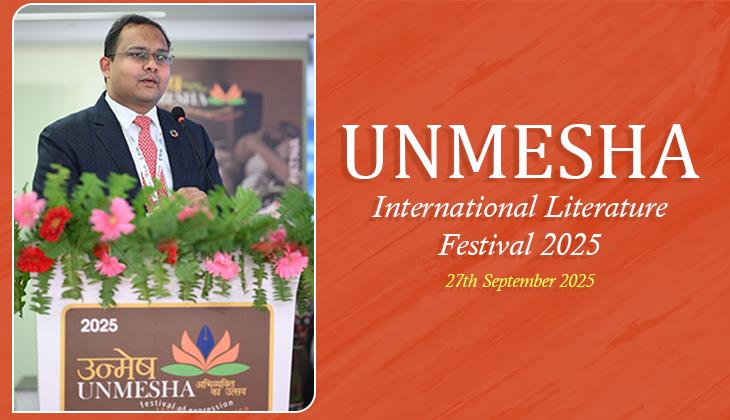The Delhi Book Fair 2024, organised by the India Trade Promotion Organization ( ITPO ) in collaboration with The Federation of Indian Publishers (FIP), was intended to be a prestigious event celebrating the literary culture and the vital role of books in society. However, this year’s fair has been marred by disappointing and concerning issues highlighting fundamental problems in its planning and execution.
A Retreat from Prestige: From Book Fair to Market Bazaar
The Delhi Book Fair 2024, once renowned for its celebration of literature and publishing, has regrettably deteriorated into what can be described as a mere remainder fair. This year’s event bore witness to a surprising and troubling shift in focus, with a significant portion of the stalls dedicated to non-literary items such as pickles and pappads.
This deviation from the core purpose of the book fair not only dilutes the event’s original intent but also undermines the reputation it had meticulously built over the years. Such an eclectic mix of products detracts from the fair’s credibility as a serious literary event and risks alienating publishers and book lovers who see the fair as a platform for literary engagement rather than a commercial marketplace for unrelated goods.
ITPO’s Questionable Planning and Execution
The underlying issue appears to be rooted in ITPO’s planning and execution. The organisation’s approach to the Delhi Book Fair this year has been marked by poor foresight and a lack of strategic alignment with the expectations of the book publishing industry.
A glaring example is the inefficiency exhibited in stall allocation, with space assignments being finalised two days before the fair’s commencement. This last-minute decision-making process caused significant inconvenience for exhibitors and highlighted a troubling lack of regard for the detailed planning that a successful book fair demands.
Furthermore, ITPO’s apparent shift in focus towards promoting elite products such as stationery at the expense of the fair’s primary objective reflects a fundamental misalignment with the book industry’s interests and needs. This shift, seemingly made to attract high-end consumer goods, appears to be a misguided attempt to enhance the fair’s profitability rather than prioritising its core mission of fostering literary culture and supporting publishers.
A Misguided Approach to Profit and Responsibility
ITPO’s current approach to the book fair underscores a broader issue concerning its view of events like book fairs as profit-driven ventures. While it is undeniable that every organisation must operate within financial constraints, it is crucial to recognise that certain events, especially those with significant cultural and educational value, should not be subjected to the same profit-maximising principles as purely commercial enterprises.
As an event with profound cultural and societal importance, the book fair should be regarded as a part of ITPO’s corporate social responsibility (CSR) efforts. By adopting a more lenient stance on stall rentals and operational costs, ITPO could facilitate greater participation from a diverse range of publishers, including smaller and independent ones. This, in turn, would enhance the fair’s quality and reach, benefiting society at large and promoting a more vibrant literary culture.
Unfortunately, this time, their attitude was nothing short of that of a landlord who did not value strategic organisations like the FIP, which originally conceptualised the book fair and established it along with ITPO. It is disheartening that the ITPO team did not maintain transparency regarding marketing budgets, expenditures, and overall funds.
The country’s top office has consistently acknowledged book publishing and the role of books. Prime Minister Narendra Modi stated, “The ‘Amrit Kaal’ of the next 25 years is a period to give wings to our aspiration and build a strong, self-reliant India. Knowledge has a central place in this mission, and the publishing industry will play an important role.
A Call for Leadership and Reform
It is imperative for ITPO’s leadership, particularly the Chairman and Managing Director (CMD) and Executive Director (ED), to address the current shortcomings in the organisation and management of the Delhi Book Fair. A collaborative effort from the top echelons of ITPO is essential to realigning the fair with its original objectives and restoring its status as a premier literary event.
Conclusion: A Call to Action post the Delhi Book Fair 2024
The Delhi Book Fair 2024 has demonstrated a troubling departure from its esteemed legacy, revealing significant flaws in its planning and execution. ITPO’s current approach, characterised by poor organisation and a profit-centric mindset, has compromised the fair’s integrity and effectiveness.
As an Industry leader, I urge ITPO to reconsider its strategy and adopt a more responsible and inclusive approach towards organising such culturally significant events. The Delhi Book Fair 2024 can reclaim its status as a beacon of literary excellence and cultural celebration only through thoughtful reform and a genuine commitment to the Indian Publishing Industry.



